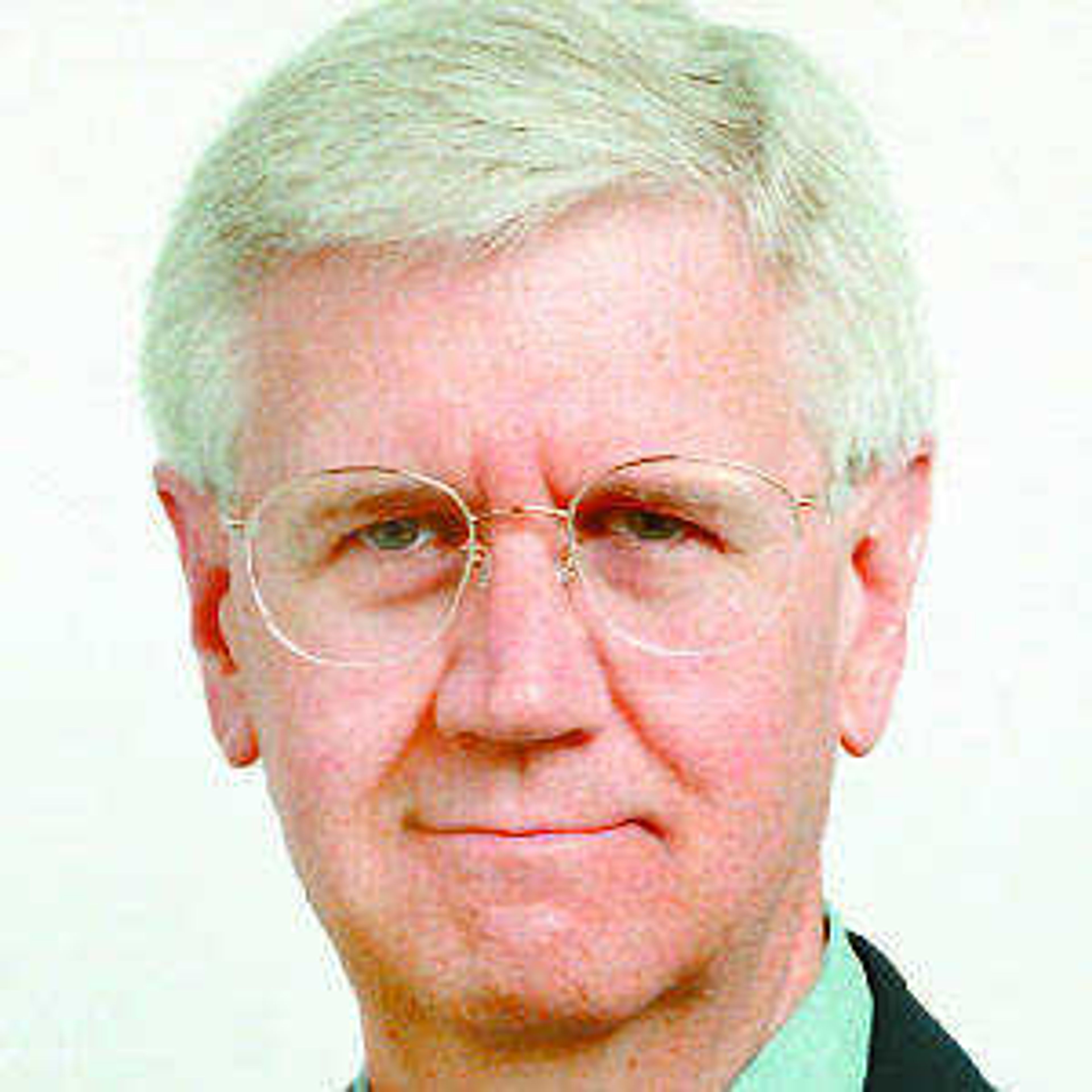Honesty is best policy -- and how most of us behave
Amazing stories of human enterprise and perseverance continue to emerge from the areas hit hardest by Hurricane Katrina. You will also recall many of these accounts of uplifting humanity after the 9-11 terrorist attacks. In almost any disaster there are bound to be heroes...
Amazing stories of human enterprise and perseverance continue to emerge from the areas hit hardest by Hurricane Katrina. You will also recall many of these accounts of uplifting humanity after the 9-11 terrorist attacks. In almost any disaster there are bound to be heroes.
There are everyday heroes too. They are all around us. Sometimes they get public recognition. Most of the time they don't.
Speak Out is sprinkled with thank-you messages regarding purses and wallets that are returned to their rightful owners after side trips into the foggy precincts of Lost Foreverland. There have been several of these comments in the past week.
In all the years I've been associated with Speak Out, I can never recall one of these "Thanks for returning my ..." comments that didn't end something like this:
"This goes to show that there are still a few good people left in the world. God bless them."
It is uplifting to know that lost billfolds and purses are being found and reunited with worried owners who automatically expect the worst.
But I wonder about the accuracy of the "still a few good people" part.
I contend that most of us are honest and morally schooled to do the right thing.
And if that's the case, why do so many of us consider the doer of good deeds to be an exception to the rule rather than the proof?
Here's one line of thinking: Blame the dang news media.
And, in a way, I would have to agree -- with a few footnotes.
The nature of the news business is to report the unusual, not the ordinary. That's too bad. Why? Because we need to be informed about the ordinary in order to comprehend the strange, the bizarre, the uncharacteristic, the objectionable.
When someone does something that's out of whack with how we expect our fellow humans to behave, it's news. This is so characteristic of news in general that such reporting has a cumulative opposite effect. We news types dwell so much and so long on the ugly that when the pretty pops up, we treat it as odd too. In a word, we treat it as ... news.
Another aspect of the "What's news?" thought process is the fact that professional newsmakers know how to manipulate the news media. That's why stories about important news that affects your life and my life are regularly overshadowed by stories purporting to inform us but really are nothing more than politically skewed lambastes calculated to grab the news media's attention, time and newsprint. In the end, thanks to the news media, we know more about the politically motivated manipulations than we do about the nuts and bolts of the daily grind that either polishes us into jewels or wears us out.
If I lost my billfold at the mall and got a phone call from someone I'd never met before in my life telling me he is on his way to deliver it to my home, I'd like to think that I wouldn't consider this an outrageous breach with the everyday norms of social conduct in which we all exist.
I'd like to think my call to Speak Out would end something like this:
"This goes to show that, as usual, we can count on our neighbors and complete strangers to do what's right. It's no real surprise to me that my billfold is safely in my hip pocket once again."
And I would add: "And God bless them."
Blessings. Now there's something worth calling Speak Out about.
R. Joe Sullivan is the editor of the Southeast Missourian.
Connect with the Southeast Missourian Newsroom:
For corrections to this story or other insights for the editor, click here. To submit a letter to the editor, click here. To learn about the Southeast Missourian’s AI Policy, click here.










